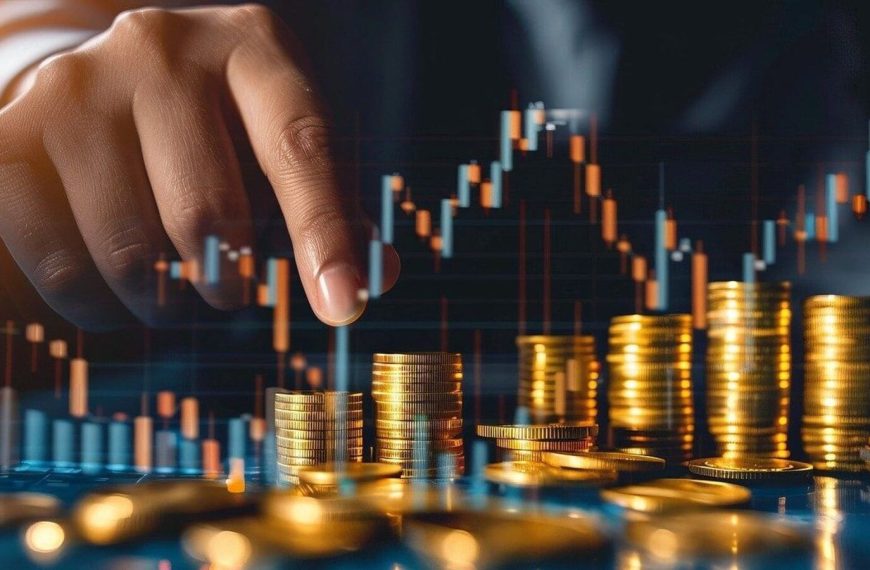Nithin Kamath, the co-founder and CEO of Zerodha, has issued a cautionary message regarding the Indian stock market, drawing parallels to the aftermath of the 2008 financial crisis. He warned that if the markets experience a sharp decline, retail investors may retreat for years, reminiscent of the significant drop in participation seen between 2008 and 2014. His insights, shared on the platform X (previously known as Twitter), underscore the vital role of retail investors in sustaining market momentum in recent years.
The Impact of Historical Market Trends
Kamath pointed out that, despite the turmoil, retail investors have emerged as consistent net buyers of equities over the past five years, especially following the surge in market participation during the pandemic. This trend has been instrumental in driving the stock market’s recovery from 2020 to 2024. He stated, “One fascinating aspect of the last five years is the unwavering commitment of retail investors to buy into dips. However, their future actions remain uncertain. If the markets take a nosedive, we might witness a prolonged absence, similar to what occurred post-2008.”
A Look Back at the 2008 Market Crash
The collapse of Lehman Brothers and the ensuing subprime mortgage crisis led to a severe global recession. During this period, the BSE Sensex plummeted over 60%, falling from a peak of 21,206 in January 2008 to a low of 8,160 by October of the same year. The Indian government’s stimulus measures and interventions from the central bank helped facilitate a recovery by 2009.
Current Market Volatility and Kamath’s Insights
Kamath’s warning comes at a time when the Indian stock market is experiencing increased volatility, largely due to fears stemming from a trade war initiated by US tariffs. Recently, the BSE Sensex saw a staggering drop of 2,226.79 points, equivalent to a 2.95% decline, while the Nifty 50 index fell by 742.85 points, or 3.24%—marking its worst single-day performance in nearly ten months. However, the following day brought a rebound, with the Nifty 50 rising 1.69% and the Sensex increasing by 1.49%, leading to a boost in investor wealth by approximately ₹7.32 lakh crore.
Despite this positive turn, analysts are advising caution. Many believe that fluctuations will continue as tariff-related issues loom large over the market. Experts recommend that traders adopt a hedged strategy, focusing on stocks that demonstrate stronger performance.
Gold vs. Nifty: A Surprising Comparison
In a separate discussion, Kamath highlighted a striking observation: since the year 2000, gold has outperformed the Nifty 50 in terms of returns. He noted, “While I’m selectively choosing my timeline, it’s remarkable that gold has seemingly provided better returns than the Nifty.” He backed his claim with data from the past 25 years, revealing that gold has appreciated by 2000%, whereas the NSE Nifty 50 has increased by 1,470% during the same timeframe. In 2025, gold yielded an 18% return, contrasting sharply with a 6% loss in the Nifty LargeMid 250 index.
Kamath’s commentary serves as a reminder for investors to remain vigilant and consider historical trends when navigating the unpredictable waters of the stock market.










